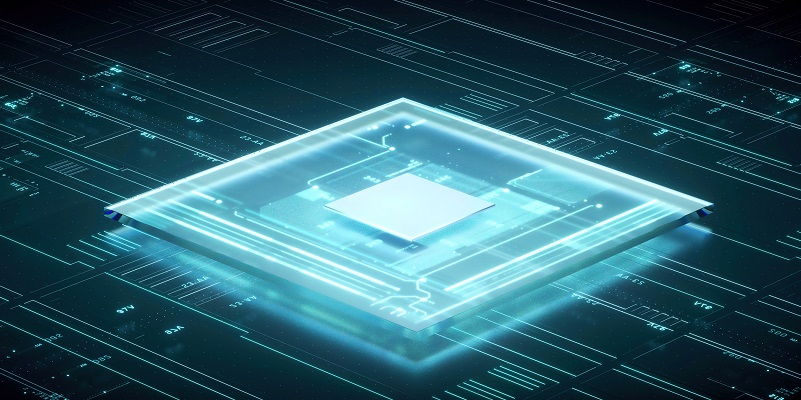Rumors surrounding Nvidia’s upcoming Blackwell range of GPUs have been gaining momentum, raising questions and concerns about the company’s strategic positioning. These speculations have been fueled by insights shared by a reliable leaker, Kopite7kimi, who has provided valuable information on previous Nvidia releases. While these speculative details should be taken with a grain of salt, they offer an intriguing window into the possible future of Nvidia’s graphics cards.
Uncertainty Surrounding the Inclusion of an RTX 5070 Graphics Card
One of the primary curiosities stemming from the Blackwell rumors is whether or not Nvidia will introduce an RTX 5070 graphics card. However, the ambiguity lies in the possibility that Nvidia might use a different chip, the GB205, instead of the more anticipated GB204. This opens up the question of whether the RTX 5070, if it does materialize, will be slightly weaker in performance compared to what consumers have traditionally come to expect.
Nvidia’s Ambiguous Performance Plans for Blackwell
As of now, the performance levels Nvidia intends to deliver with the Blackwell range remain undisclosed. It is uncertain whether Nvidia will continue its trend of pushing boundaries and providing significant performance upgrades or choose a more conservative approach. The worry among enthusiasts is that this new market positioning might lead to a more modestly-performing mid-range segment within the Blackwell range, potentially disappointing consumers seeking the latest advancements in GPU technology.
A New Market Positioning for Blackwell Raises Concerns
The notion of a “new market positioning” for Nvidia’s Blackwell range has sparked concerns among technology enthusiasts. If the mid-range segment receives less emphasis in terms of performance, it may impact the competition with AMD’s upcoming RDNA 4 GPUs. The potential risk of Apple’s M1 chips gaining traction in the market also contributes to the growing uncertainty about Nvidia’s strategic choices.
Departure from typical chip naming convention
Nvidia’s departure from its typical chip naming convention adds another layer of intrigue to the Blackwell rumors. Instead of the usual GB1xx, the Blackwell GPUs are expected to be designated as GB2xx. This alteration is primarily driven by the fact that the Blackwell range will be available in both professional and consumer GeForce variants. This change may foreshadow a more diverse and specialized lineup of graphics cards from Nvidia.
Skepticism Surrounding Early Speculations
While these Blackwell rumors and speculations have garnered significant attention, it is important to approach them with caution. The release of the Blackwell GPUs is still far into the future, which renders the accuracy of current rumors uncertain. Therefore, it is crucial not to place undue weight on speculations at this point in time.
Nvidia’s Shifting Focus Toward AI
An alternative train of thought suggests that consumer GPUs might be losing relevance for both Nvidia and AMD. The potential shift in emphasis towards AI-related applications presents significantly more profitable opportunities for graphics card manufacturers. It is plausible that Nvidia’s focus on AI-centric technologies might result in less concern about preserving goodwill from gamers as they pursue broader, lucrative markets.
In conclusion, the rumors surrounding Nvidia’s Blackwell range have aroused curiosity in the tech community and raised questions about the future market landscape for GPUs. It remains to be seen whether Nvidia will include an RTX 5070 and how they will position the Blackwell range in terms of performance. While early speculations should be approached with skepticism, they shed light on the changing dynamics within the consumer GPU market. As Nvidia potentially prioritizes AI applications over consumer GPUs, the competition with AMD’s RDNA 4 GPUs gains significance and introduces new challenges for both manufacturers. Ultimately, only time will provide a clearer picture of Nvidia’s strategies and how they will shape the future of graphics cards.

